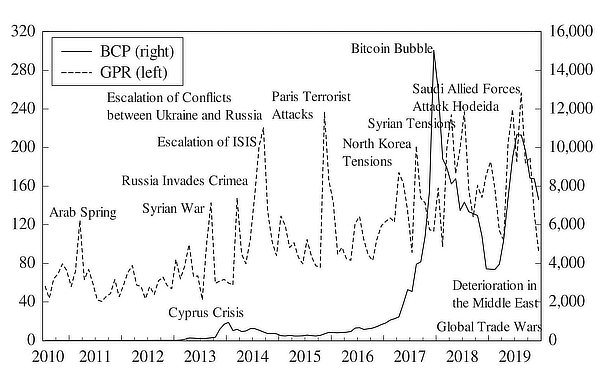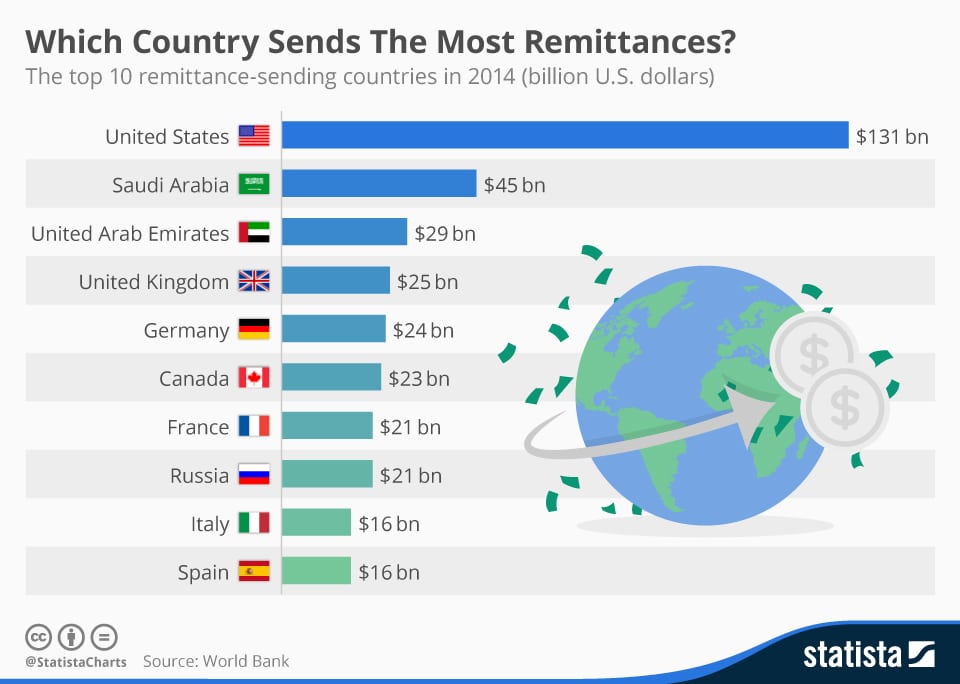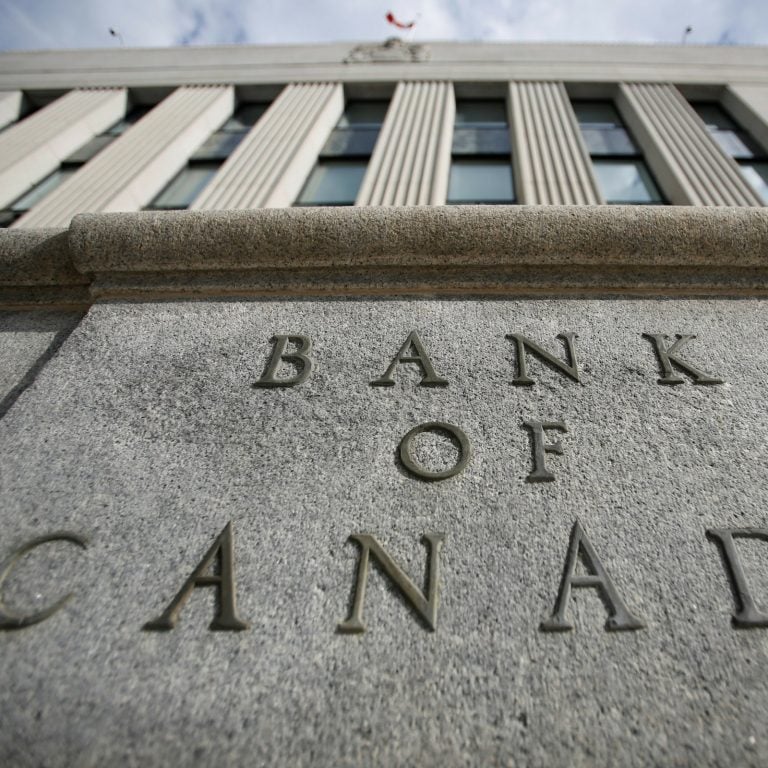2019-9-6 01:02 |
“How Do Private Currencies Affect Government Policy?” This central question is the focus (and title of) a newly published academic paper authored by NYU School of Law professor Max Raskin, McGill University Desautels Faculty of Management professor Fahad Saleh and NYU Stern School of Business professor David Yermack.
The paper builds on previous research by numerous academics, including its own authors, who have a prolific publishing history examining how bitcoin and other cryptocurrencies interact with free-market, political and social entities.
In this most recent paper, the team argues that “the existence of private digital currencies” like bitcoin can generate “welfare gains for citizens.” (It should be noted that in the context of this paper, “private” refers to the private sector of the free-market economy, not the closed-source systems that define private coins like XRP.)
It highlights that bitcoin “has significant implications for a corrupt emerging market,” which is defined as “an economy with high volatility and a government that sets policy based on selfish interests rather than considering the welfare of citizens.” Citing “empirically document[ed] demand shifts towards cryptocurrencies during times of local economic distress,” the paper’s hypothesis is in line with bitcoin’s social and economic impacts in places like Venezuela and Iran.
Cryptocurrencies as Investment AlternativesBy giving citizens a wealth-generating investment alternative, cryptocurrencies could serve “as competition for local investment … [which potentially] restrains monetary policy, thereby generating lower inflation.” With extra money in their pockets, bitcoin holders may also divest their gains and “expand investment in the local economy.” If bitcoin can rein in monetary policy and flush local economies with investment capital, this could create a positive feedback loop in which these effects feed on each other, the paper states.
“That monetary policy discipline reduces inflation and results in higher returns from investment which in turn encourages higher local investment.”
The paper concludes that truly decentralized cryptocurrencies, primarily bitcoin, act like “hedge assets” and “are a novel invention with important welfare implications for emerging markets.”
For real-world examples of this impact, “[t]he obvious countries to think about would be Venezuela and Zimbabwe, where there’s plenty of evidence of wide bitcoin usage,” Professor Yermack told Bitcoin Magazine.
Central Bank Coins Offer No Material BenefitFor its methodology, the paper distinguishes between decentralized cryptocurrencies and centralized digital currencies, paying particular attention to state-led efforts by countries like Venezuela, China, Russia and Sweden to mint their own central bank coins.
True cryptocurrencies like bitcoin have “an analog in precious metals used as currency,” as they are not endorsed by government entities and are open to anyone to mine. Conversely, centralized digital currencies, such as Libra, certain stablecoins and state coins, mimic the functions of services like Visa and PayPal.
By serving a similar function as existing payment solutions, the paper “expresses skepticism over the novelty of central bank digital currencies, which in many ways simply mimic the existing financial structure of many governments.”
“For the purposes of analyzing digital assets as competing currencies, central bank digital currencies are not different from central bank currencies generally.”
The paper reads, “The key question that must be asked when looking at central bank digital currencies is who maintains the codebase that undergirds [the] central bank’s digital currency. If it is the central bank itself, then issuance is no different from the existing system except that individuals can hold accounts with the central bank … For the purposes of analyzing digital assets as competing currencies, central bank digital currencies are not different from central bank currencies generally.”
It continues to state that governments may be incentivized to move toward completely digital monetary systems to “[combat] tax evasion, as well as [monitor] the financial activity of their citizenry.”
Another Avenue for Taxation?Still, the paper cautions that governments shouldn’t smother or stifle cryptocurrency adoption, as it opens up another avenue for taxation as individuals accrue wealth from these investments. In addition, it argues that governments should not fear the likes of bitcoin as an alternative to existing monetary policy. Banking regulation and taxation policies erect barriers that keep citizens from relying on cryptocurrencies as a payment alternative, it believes — but this doesn’t preclude it from existing as an investment asset that may help citizens to diversify and expand their wealth.
“Our work highlights that private digital currencies should not be analyzed as a replacement for traditional money but rather as an important alternative asset,” the paper concludes.
In correspondence with Bitcoin Magazine, Yermack added that while cryptocurrencies offer no drastic impact on national economies currently, the research reckons with how bitcoin’s economy may interact with these national economies.
“I think cryptocurrency is still too small to make much of a difference in most national economies, and the paper is highly theoretical for that reason. However, the paper’s models are really about trading off the benefits between a loss of control of monetary policy and the gains in the real economy from permitting alternative currencies to circulate.”
The post Academic Paper Touts Bitcoin as “Hedge Asset,” Skeptical of Central Bank Coins appeared first on Bitcoin Magazine.
origin »Bitcoin price in Telegram @btc_price_every_hour
Bitcoin (BTC) на Currencies.ru
|
|


































